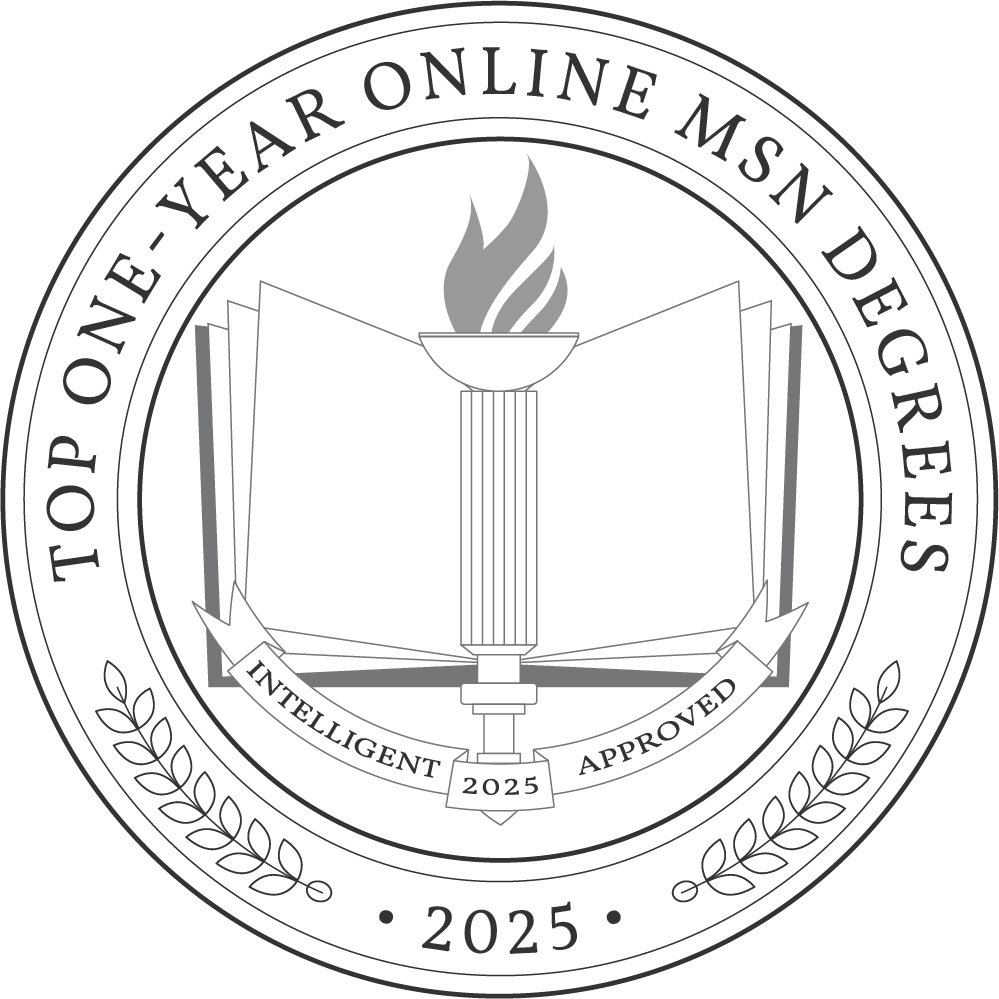A Master of Science in nursing, or MSN, degree program prepares students for a nursing career, including as an RN in a practical specialty, a nurse educator, or in clinical leadership roles within healthcare organizations.
Enhancing your career with an advanced degree can help you unlock higher salary potential. According to the Bureau of Labor Statistics (BLS), nursing instructors make an average of $86,530 annually, and health service managers make an average of $134,440 annually.
Completing a traditional online MSN degree program typically takes about two years. However, accelerated programs use a fast-track approach that lets you earn your degree in just one year.
Why Trust Us
The Intelligent.com Higher Education Team is dedicated to providing students with independent, equitable school and program rankings and well-researched resources. Our expert-driven articles cover topics related to online colleges and programs, paying for school, and career outlooks. We use data from the U.S. Department of Education’s College Scorecard, the National Center for Education Statistics, and other reputable educational and professional organizations. Our academic advisory team reviews content and verifies accuracy throughout the year for the most current information. Partnerships do not influence rankings or editorial decisions.
- Analyzed over 2,000 national, accredited, and nonprofit colleges and universities
- 800+ rankings pages are reviewed and updated yearly
- Content is informed by reputable sources, surveys, and interviews with academic advisors and other experts
- Over 100 data points are reviewed for accuracy and quality throughout the year, including sources
How we rank schools
Our list features the best One-Year Online MSN degree programs at top colleges nationwide. Each school featured is a nonprofit, accredited institution — either public or private — with a high standard of academic quality for post-secondary institutions.
We evaluated each school’s program on tuition costs, admission, retention and graduation rates, faculty, reputation, and the student resources provided for online students. We collected data from trusted sources like the National Center for Education Statistics, individual school and program websites, school admissions counselors, and other data sources. Then, we calculated the Intelligent Score on a scale of 0 to 100 based on the following criterion:
Academic Quality:
- Admission rate versus enrollment rate
- Retention rate of students who return after year one
- Accreditation status (regional and programmatic)
- Nonprofit status, both private and public institutions
Graduation Rate
- Overall graduation rate
- Total number of currently enrolled students, including diversity metrics
- Student-to-faculty ratio
Cost and ROI
- In-state and out-of-state per-credit tuition rates and fees
- Required credits to graduate
- Earning potential after graduation
- Availability of federal student loans, scholarships, and other financial aid options
Student Resources
- Available student services for online-only and hybrid programs
- On-campus amenities like tutoring centers and the number of libraries
Read more about our ranking methodology.
Best 21 One-Year Online MSN Degree Programs
FiltersInstitution Type
Status
- Intelligent Score
- Alphabetically By University Name
- Acceptance Rate
- Enrollment
- In-state Graduate Tuition
- Out-of-state Graduate Tuition
- In-state Undergraduate Tuition
- Out-of-state Undergraduate Tuition
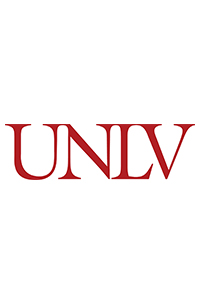
University of Nevada, Las Vegas
Intelligent Score: 98.27In-state: $25,749
Out-of-state: $42,291
In-state: $36,629
Out-of-state: $36,629
SAT: 1000-1220
ACT: 18-24
$344
Online, Hybrid
Commission on Collegiate Nursing Education
33-46

Wilmington University
Intelligent Score: 97.88In-state: $11,430
Out-of-state: $11,430
In-state: $8,784
Out-of-state: $8,784
SAT: N/A
ACT: N/A
$537
Online, On-Campus, Hybrid
Commission on Collegiate Nursing Education
36

University of North Carolina Wilmington
Intelligent Score: 97.82In-state: $7,019
Out-of-state: $34,198
In-state: $10,552
Out-of-state: $10,552
SAT: 1280-1490
ACT: 28-33
$310
Online
Commission on Collegiate Nursing Education
36
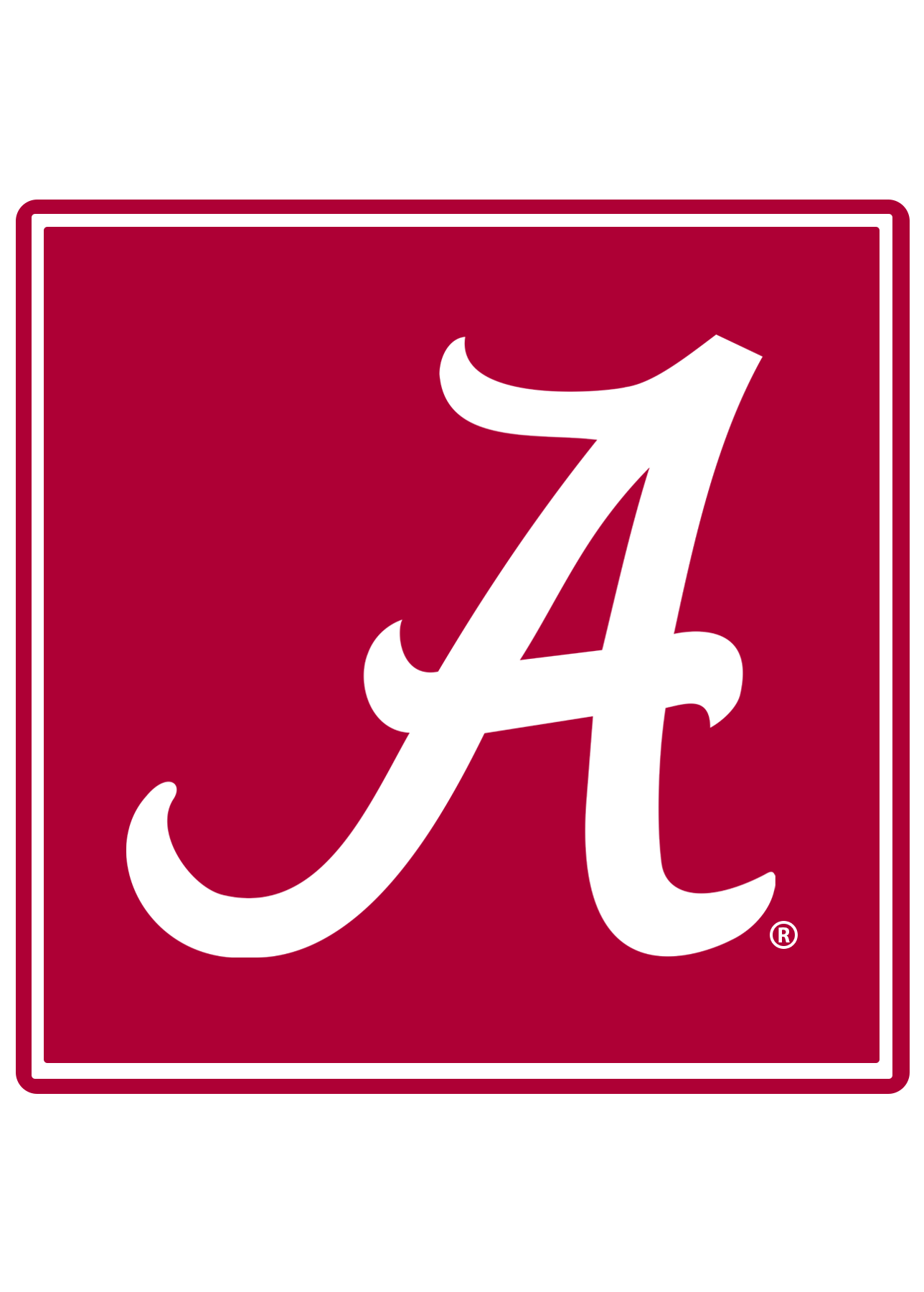
The University of Alabama in Huntsville
Intelligent Score: 96.43In-state: $10,780
Out-of-state: $30,250
In-state: $10,780
Out-of-state: $10,780
SAT: 1070-1330
ACT: 23-31
$421
Online
Commission on Collegiate Nursing Education
30
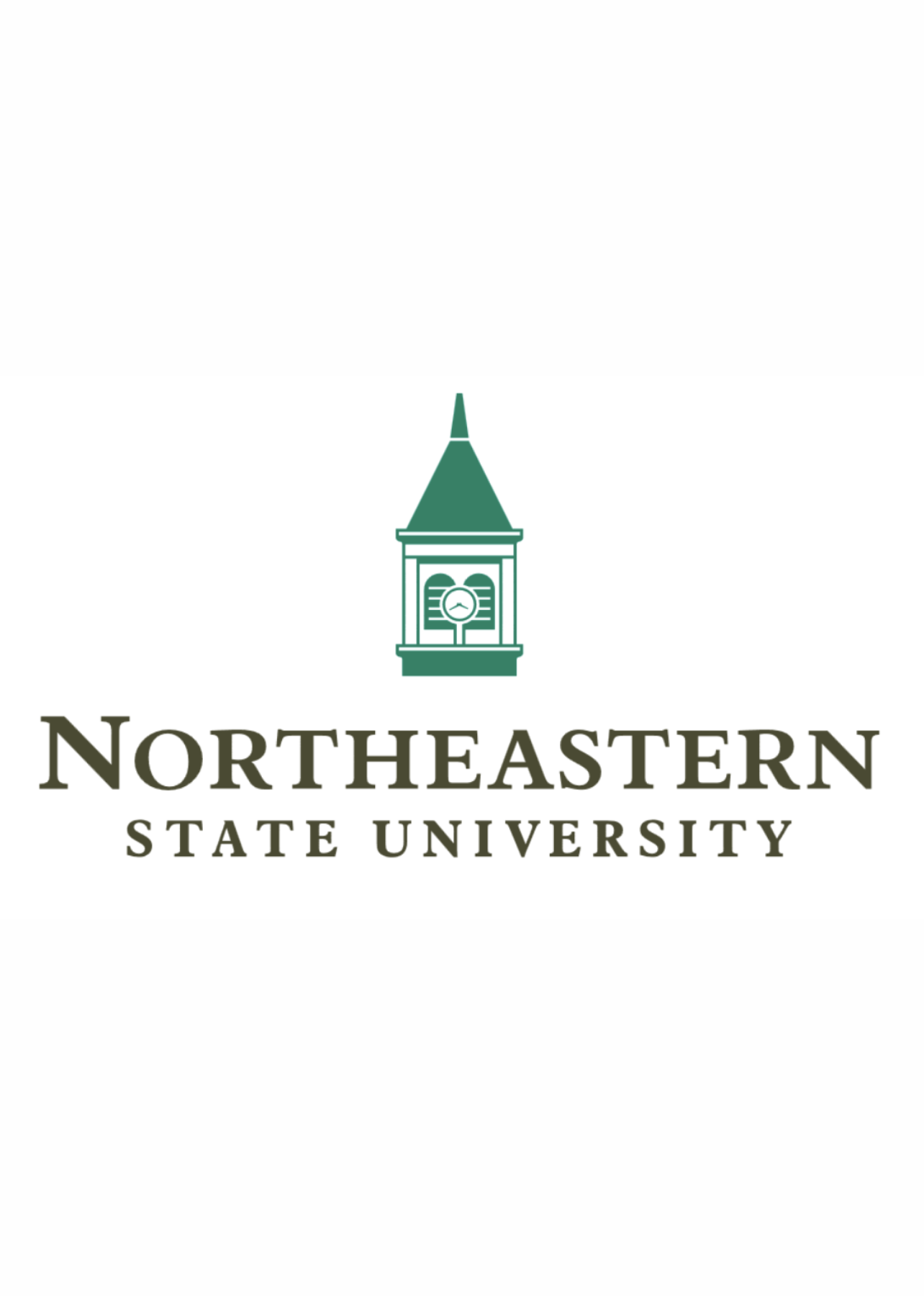
Northeastern State University
Intelligent Score: 95.73In-state: $5,913
Out-of-state: $14,313
In-state: $4,500
Out-of-state: $4,500
SAT: 955-1125
ACT: 17-24
$370
Online
Accreditation Commission for Education in Nursing
32
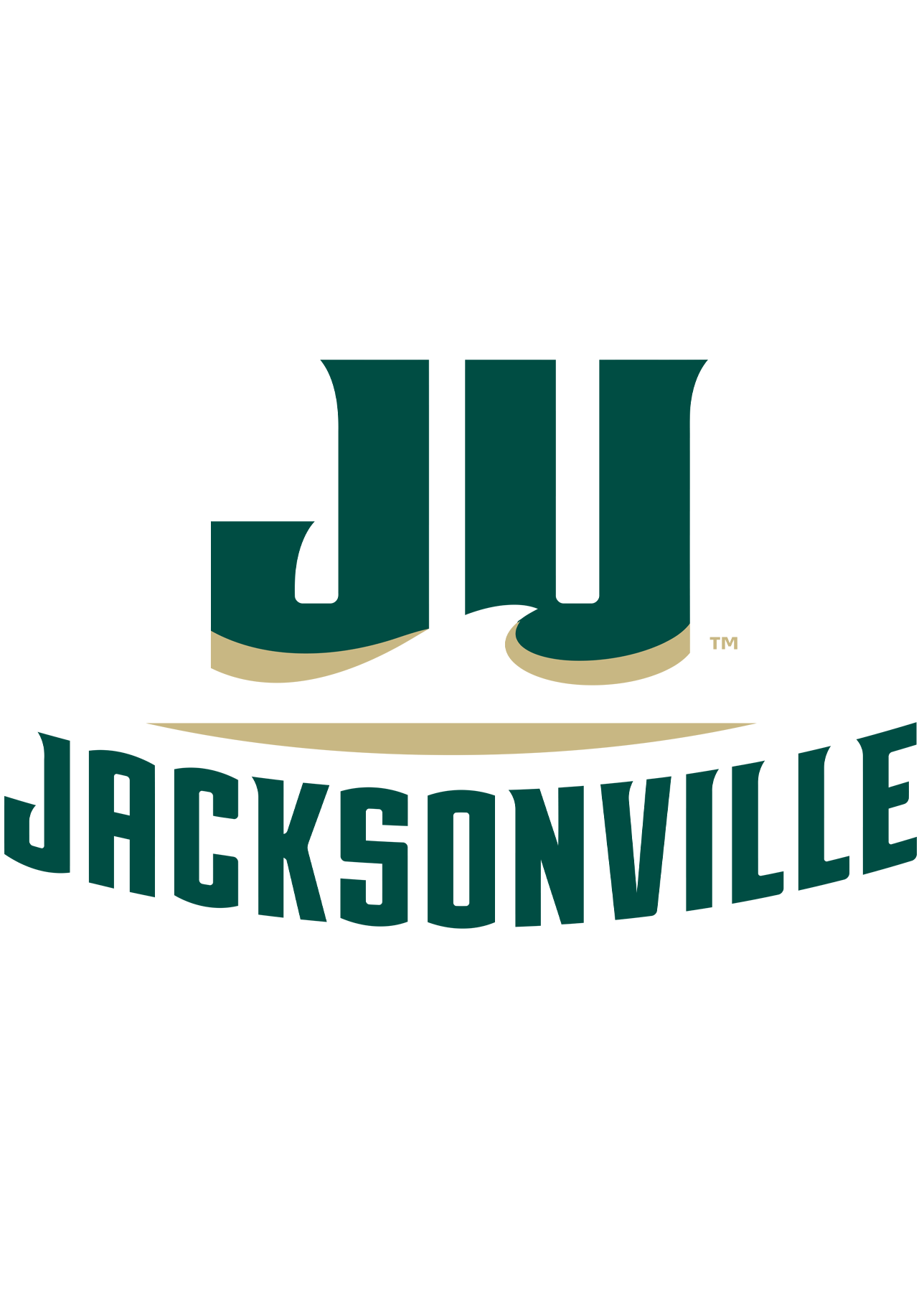
Jacksonville University
Intelligent Score: 94.91In-state: $39,900
Out-of-state: $39,900
In-state: $14,742
Out-of-state: $14,742
SAT: N/A
ACT: 18-26
$720
Online
Commission on Collegiate Nursing Education
30

Anderson University
Intelligent Score: 94.84In-state: $26,820
Out-of-state: $26,820
In-state: $10,140
Out-of-state: $10,140
SAT: N/A
ACT: N/A
$780
Hybrid
Commission on Collegiate Nursing Education
47-48

Kennesaw State University
Intelligent Score: 93.19In-state: $4,450
Out-of-state: $15,704
In-state: $5,328
Out-of-state: $5,328
SAT: 1030-1200
ACT: 19-25
$383
Hybrid
Commission on Collegiate Nursing Education
44

Liberty University
Intelligent Score: 92.37In-state: $14,791
Out-of-state: $14,791
In-state: $7,935
Out-of-state: $7,935
SAT: 1040-1250
ACT: 21-29
$565
Online
Commission on Collegiate Nursing Education
36

Herzing University
Intelligent Score: 91.11In-state: $34,284
Out-of-state: $34,284
In-state: $31,984
Out-of-state: $31,984
SAT: 1,275 or better
ACT: 17 or better
$615 - $735
Online
Commission on Collegiate Nursing Education
36-48
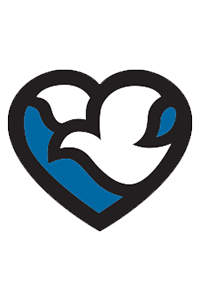
Nebraska Methodist College
Intelligent Score: 89.23In-state: $33,309
Out-of-state: $33,309
In-state: $37,225
Out-of-state: $37,225
SAT: 1140
ACT: 22
$588
Online
Commission on Collegiate Nursing Education
36
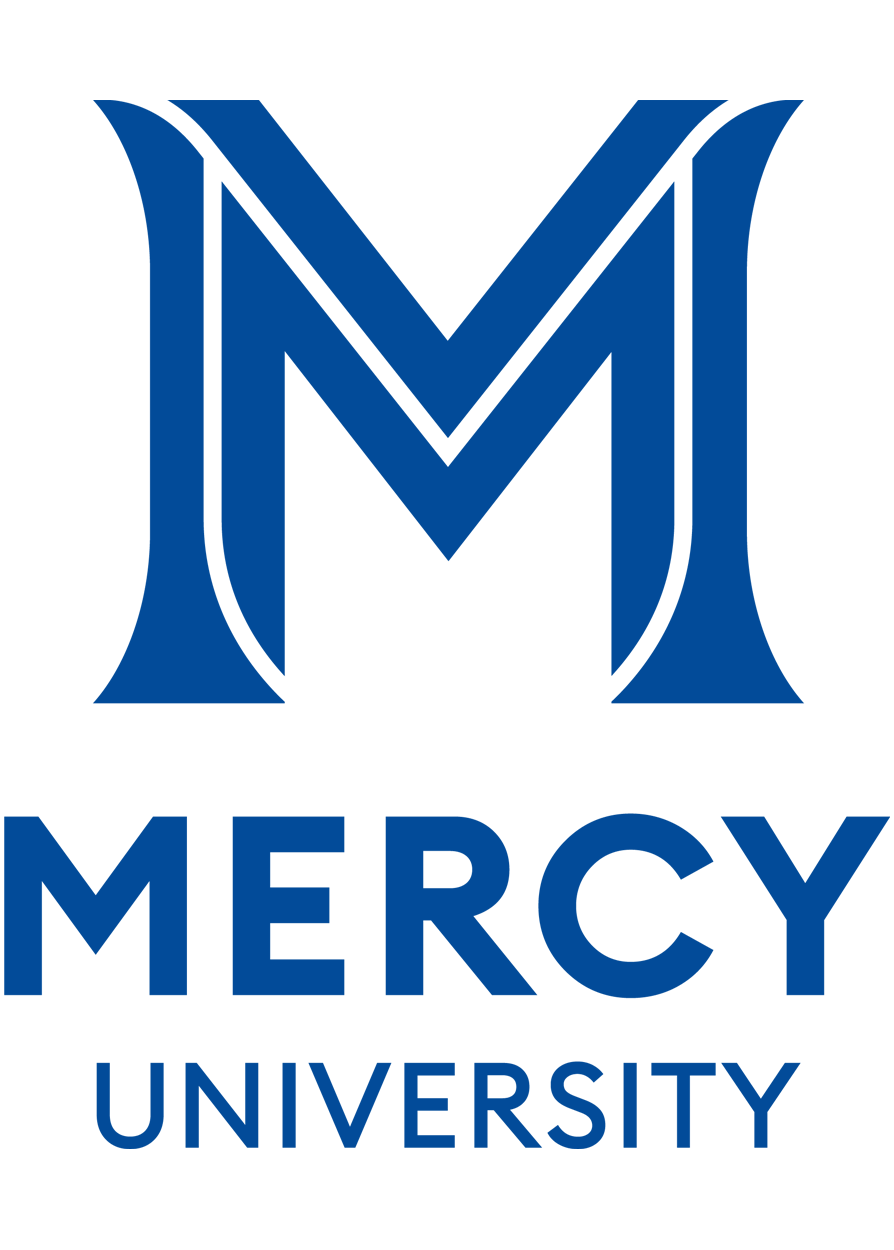
Mercy University
Intelligent Score: 88.43In-state: $40,712
Out-of-state: $40,712
In-state: $47,865
Out-of-state: $47,865
SAT: 1020-1230
ACT: 23-27
$1,040
Online, On-Campus
Commission on Collegiate Nursing Education
36

Union University
Intelligent Score: 88.40In-state: $22,080
Out-of-state: $22,080
In-state: $10,625
Out-of-state: $10,625
SAT: 1070-1330
ACT: 22-30
$712
Online, Hybrid
Accreditation Commission for Education in Nursing
41-46

University of Cincinnati
Intelligent Score: 87.98In-state: $9,723
Out-of-state: $25,057
In-state: $13,224
Out-of-state: $13,224
SAT: 1120-1330
ACT: 23-29
Resident: $892
Non-Resident: $907
Online
Commission on Collegiate Nursing Education
30
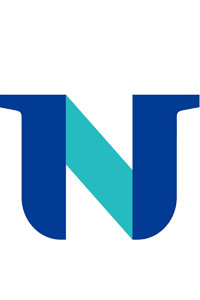
National University
Intelligent Score: 87.76In-state: $13,320
Out-of-state: $13,320
In-state: $15,480
Out-of-state: $15,480
SAT: N/A
ACT: N/A
$442
Online, On-campus
Commission on Collegiate Nursing Education
58-59

Charleston Southern University
Intelligent Score: 84.80In-state: $27,800
Out-of-state: $27,800
In-state: $7,800
Out-of-state: $7,800
SAT: 990-1170
ACT: 19-24
$625
Online
Accreditation Commission for Education in Nursing
39-51
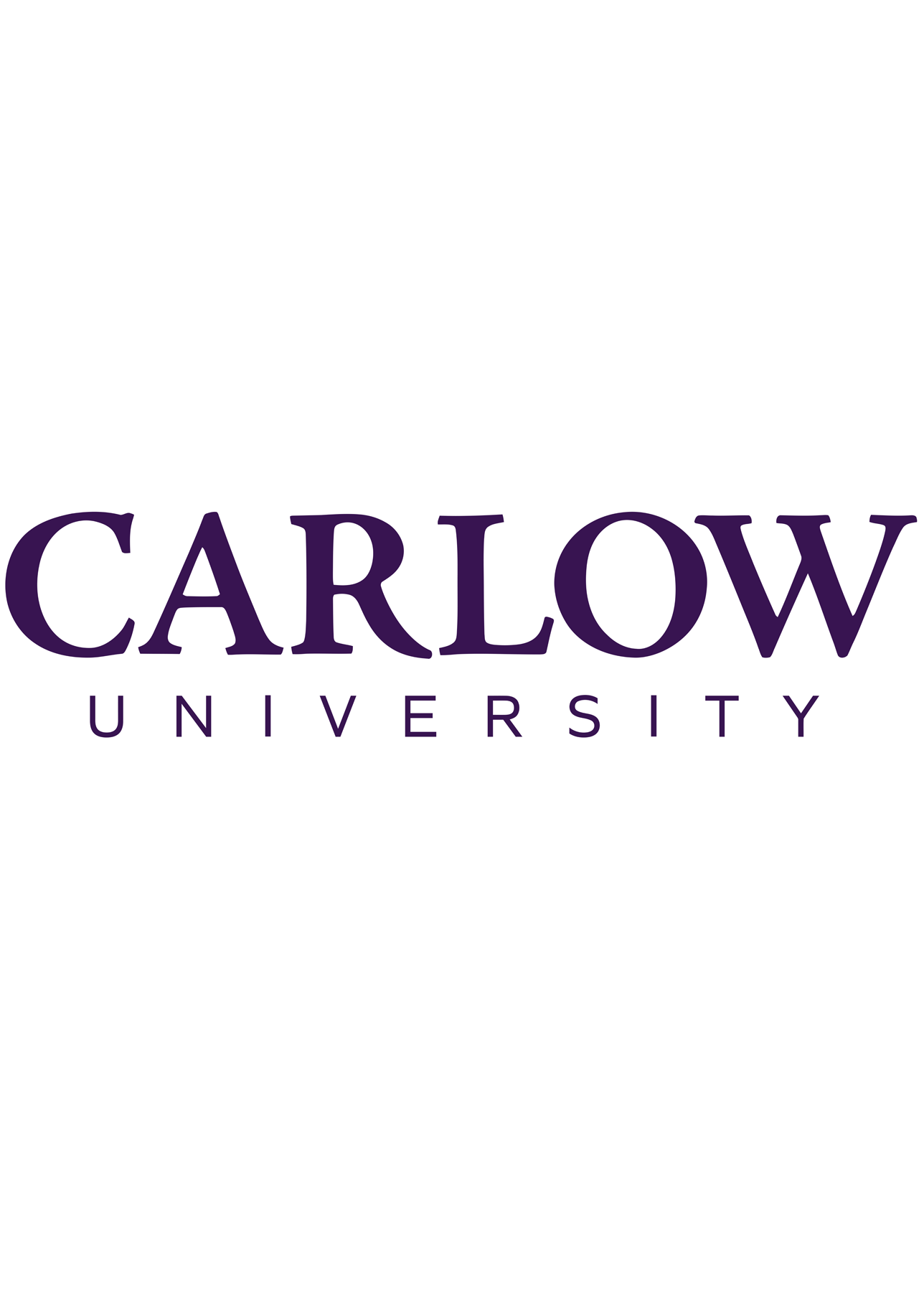
Carlow University
Intelligent Score: 84.44In-state: $30,542
Out-of-state: $30,542
In-state: $19,844
Out-of-state: $19,844
SAT: 980-1140
ACT: 19-24
$812
Online
Commission on Collegiate Nursing Education
33
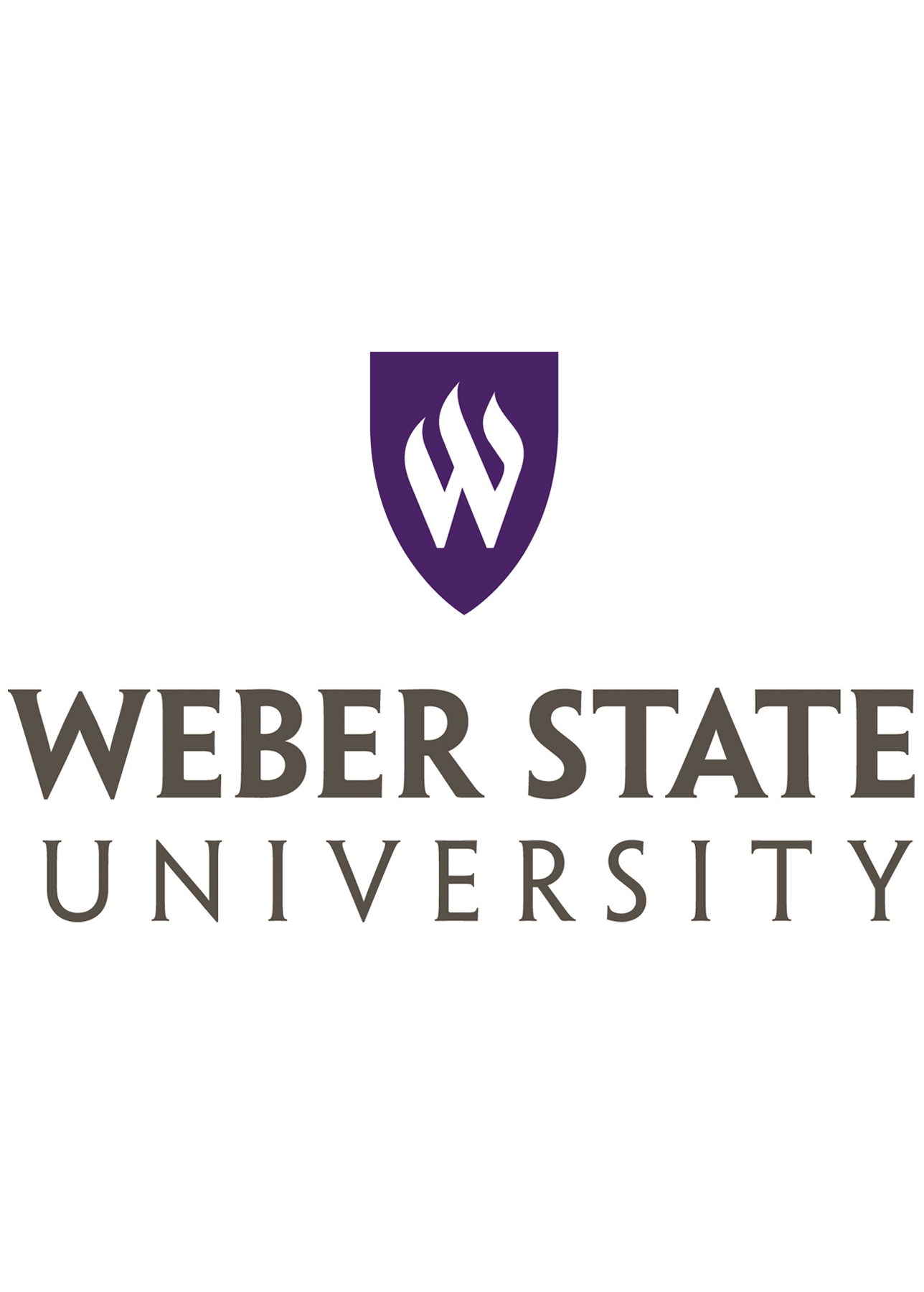
Weber State University
Intelligent Score: 84.35In-state: $5,090
Out-of-state: $15,272
In-state: $7,935
Out-of-state: $7,935
SAT: N/A
ACT: N/A
Resident: $557
Non-Resident: $1,600
Online
Accreditation Commission for Education in Nursing
31-34
How to Choose a One-Year Online MSN Degree Program
Choose your area of study
MSN degrees come with a variety of options, and it’s important to choose a program that aligns with your career goals. Some common specializations include public health, nurse educator, nurse researcher, clinical nurse leader, and nursing informatics. Each specialization focuses on preparing students for specific types of work, such as educating and instructing nursing students, managing public health programs, or leading large teams in a hospital environment.
Depending on your career goals, you might also want to consider related degree programs, such as those that help you become a nurse practitioner or certified nurse midwife. These are typically advanced practice registered nurse MSN degrees.
Research schools and programs
Once you know what type of MSN degree program would best support your career aspirations, begin researching schools. Make a list of traits you’d like in a program, such as the fact that it’s accelerated so you can complete it in one year. You might also include requirements such as location, affordable tuition, accreditation, the inclusion of specific courses, or the amount of time required for practical learning.
Start with a large list of schools that offer MSN degree programs, looking for options that meet all or most of your requirements. This helps you narrow the field down to a few potential programs.
Prepare for tests and applications
Begin building a checklist of requirements for each program you’re interested in so you can prepare for your application. Many MSN programs require testing, and you may need to take the GRE test. Some MSN programs will accept your NCLEX results in lieu of other exams, especially if you are already working as a licensed nurse.
Other application requirements may include resumes, essays, and letters of recommendation. Plan ahead and give yourself plenty of time to create or gather these requirements, as rushed applications are more likely to contain errors or be lackluster compared to the competition.
Select your program
If possible, apply to a few programs that meet your requirements. MSN programs can be competitive — accelerated online programs especially so. Accelerated programs often limit how many students are admitted to each cohort to support high-quality learning, even when courses are fast-tracked. By applying to multiple programs, you can increase your chances of getting into one.
Once you hear back from each school, you may need to choose between several programs that have accepted you. Don’t put this task off, as you may need to confirm attendance by a certain deadline. It’s also helpful if students let schools know they went with another option, as someone else is likely on the waiting list for that spot.
Determine how you’ll pay for your degree
Make a realistic plan for covering the cost of your degree. Start by completing the Free Application for Federal Student Aid (FAFSA) to find out if you’re eligible for grants, loans, and other federal aid for your online MSN degree. You can also ask the financial aid office at your school about scholarship and work-study options. Don’t forget to check with your employer to see if it offers any education reimbursement support for employees.
What Can You Expect From an Online Accelerated MSN Degree Program?
Online accelerated MSN degree programs are designed for existing clinical professionals, typically RNs, who want to advance their careers. Degree programs may offer flexibility via online coursework you can complete on your own schedule, but you’ll likely also deal with synchronous classes that require attendance at specific times.
Depending on the type of program you enter, you can expect to focus on learning advanced nursing practices, clinical leadership skills, and how to apply data and research to create and implement evidence-based nursing practices. Most MSN programs do require some clinical practicums, residencies, or other in-person learning, but RNs working in clinical environments may be able to leverage their job to help meet such requirements.
Online accelerated programs are designed to be completed quickly, and you can find MSN degree programs that only take one year of full-time attendance to complete. Online options allow working nurses and other professionals to complete these programs without sacrificing their jobs during that year.
Potential courses you’ll take in an online accelerated MSN program
- Advanced Pharmacology. During this course, you may study the effects of drugs on organs and body systems and understand how medication protocols can impact a patient and disease processes.
- Nursing Leadership. This course presents information on organizational structure and behavior and the specifics of leading and managing others within a healthcare environment. You may work on skills necessary to manage processes or resources in specific medical environments or lead nursing or multidisciplinary teams in patient care.
- Healthcare Ethics. In this course, you learn the key ethical principles at work in healthcare environments, understand dilemmas care teams and others may face, and examine problem-solving skills that can be deployed in such scenarios. You may also work to understand the complexities of healthcare policy and how it relates to patient care as well as cultural and socioeconomic factors.
- Diagnostic Reasoning. Master’s-level students gain an enhanced understanding of the processes and factors related to assessing patient wellness and the decision-making process that goes into diagnosing patients.
- Epidemiology. This course covers the design and implementation of interventions in public health, including emergency and pandemic responses as well as the general work involved in improving health outcomes for entire communities.
What Can I Do With a One-Year Online MSN Degree?
A one-year online MSN degree prepares you to advance your career in healthcare. Some RNs get their MSN in preparation for taking on more specialized clinical roles, while others use this degree as a stepping stone to organizational leadership.
Career outlook
- Medical and health services managers — These leaders oversee the business and clinical aspects of healthcare organizations. Depending on the exact job role, they may be clinicians with management experience, such as RNs.
- Median annual salary: $110,680
- Projected employment growth (through 2032): 28%
- New jobs projected: 144,700
- Nurse midwife, nurse anesthetist, or nurse practitioner — These advanced practical nurses hold specialty degrees and certifications and provide high-level patient care, often in a specific area. They may work in clinics, hospitals, or private practices.
- Median annual salary: $129,480
- Projected employment growth (through 2032): 38%
- New jobs projected: 123,600
- Postsecondary teacher, nursing — Nurse educators help mold future generations of nurses by teaching clinical skills and other required nursing knowledge in colleges, hospitals, and other organizations.
- Median annual salary: $84,380
- Projected employment growth (through 2032): 8% (for all postsecondary teachers)
- New jobs projected: 108,100 (for all postsecondary teachers)
One-Year Online MSN Degree Frequently Asked Questions
How do accelerated degree programs work?
Accelerated degree programs are fast-track programs that seek to condense academic and practical learning to a shorter period of time than traditional programs take. Typically, they are designed for those with existing degrees or experience relevant to the topic. One-year MSN degree programs, for instance, are usually designed for students who are already licensed nurses. This allows learning to move at a quick pace as all participants have a baseline of knowledge. Discover more about accelerated degree programs to find out if one might be right for you.
How long does it take to earn a one-year online MSN degree?
These programs are designed to be completed in one year, typically by attending full-time for a fall, spring, and summer semester. One reason accelerated programs take less time to complete than traditional programs, which can take two years on average, is that these one-year online MSN degrees typically require fewer credits. Coursework is condensed into the most critical skills and knowledge for the degree, and allowances are made for the fact that participants in the program are likely already practicing nurses with a lot of existing knowledge and skills.
How much does a one-year MSN degree cost?
According to the National Center for Education Statistics, the average tuition cost for a graduate degree is $20,513 per year. Because this is a national average, it includes costs for private universities, which are typically higher than average, and costs for traditional two-year programs. Often, one-year online programs are less expensive because they require fewer credit hours. However, it’s important to consider total costs, including technology fees, higher rates because you’re an out-of-state student, and expenses related to books or supplies.
